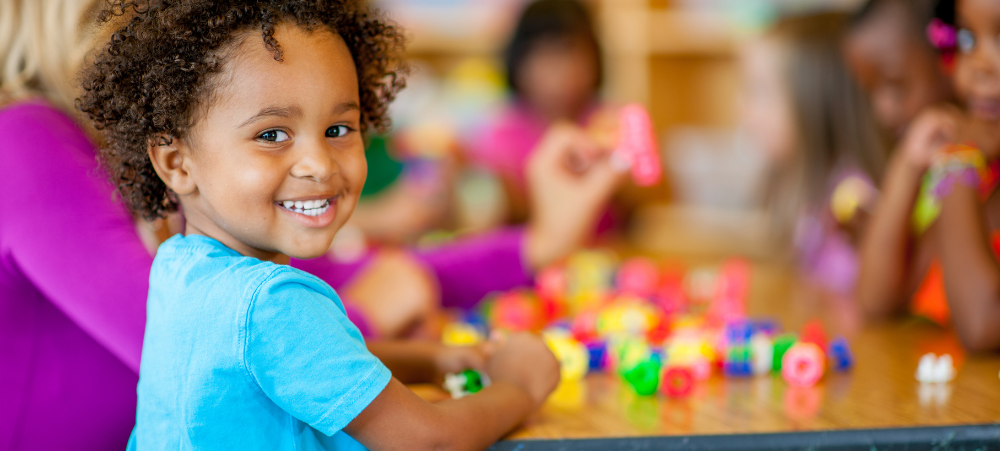Of the twelve years that children spend at school, the foundation phase – years one through four – are the most critical for cementing the long-term potential of children and enabling them to become successful adults, an education expert says.
“It goes without saying that academic excellence is important, but developing children’s emotional intelligence may literally make the difference between success and failure in their lives,” says Chris Van Niekerk, head at Founders Hill College, part of Africa’s largest private education provider, ADvTECH.
He says that when undertaking the important task of investigating schooling options, parents and guardians should consider more than the academic or sporting achievements and track record of a school, and also enquire about a school’s approach to instilling vital life skills.
“Nurturing emotional intelligence should be considered as important as teaching children to read, write and do arithmetic – if not more – and schools, parents and communities have a duty to ensure this fundamental life skill is not left by the wayside,” he says.
Van Niekerk says the younger the age at which children acquire these insights and skills, the better.
“It’s in years one to four that children learn to love learning; learn about a world that challenges and rewards; and learn what makes them who they are: unique human beings who hold a wealth of potential and who can do anything they put their hearts and minds into.
“It is during these years that these skills become part of the child’s character and personality: guiding their decisions, helping them make sense of the world, and being the foundation of their relationships with others. Starting with five-year-olds is the best place to start.”
Emotional intelligence can be described as a set of softer skills that help children grow up to become “likeable”, successful human beings who can accept that not everybody in the world is going to be like you, agree with you or think like you. More than this, it’s understanding that this diversity is not only good and desirable, but to be celebrated and embraced.
“It’s learning how to give and take: to compromise and to negotiate. It’s learning to relate to others: to empathise and communicate your own feelings in a situation. It’s learning to listen to what other people say, and how to speak your own mind. It’s acquiring the skills and the confidence to articulate your feelings and ideas, and it’s learning to identify what it is, exactly, that makes you respond the way you do to people and situations around you. Critically, it’s learning how to manage those feelings, instead of letting them manage you.”
Van Niekerk says that emotional intelligence skills aren’t ones that can be taught in lesson slots on the timetable.
Instead, they should form part of all interactions, whether they be during academic, social or physical activities. Additionally, provision should be made for assisting children who show signs of needing early intervention to reach emotional intelligence milestones.
“Success cannot only be measured academically and professionally. It is measured by the quality of our relationships, and by our ability to lead meaningful, effective lives,” he says.
- Presence: The Secret Ingredient for Successful Online Homeschooling - April 7, 2025
- Alternatives to Matric : Different, proven paths to fulfilling careers - January 8, 2025
- From pages to possibilities : How to inspire a love of reading in your child - November 6, 2024





